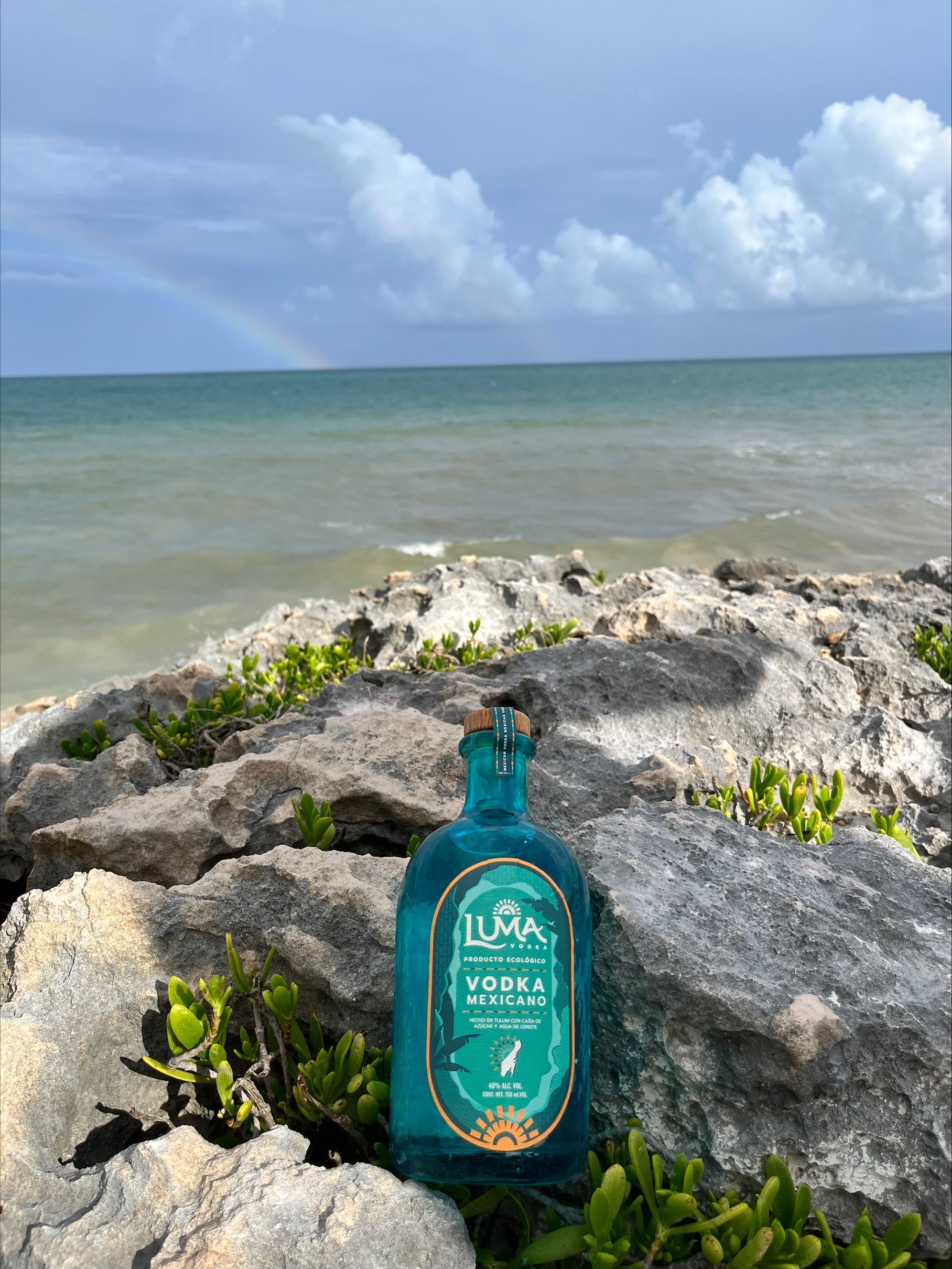The Truth About Vodka Filtration
Nearly all vodkas on liquor store shelves have some kind of variation of the usual "meticulously filtered through <insert exotic material here> for unparalleled taste and smoothness" line. Marketing has conditioned us to expect that quality vodka must be filtered, associating filtration with purity and excellence. Major vodka brands are aware of this perception and have employed some rather extravagant filtration methods to stand out. For instance, Crystal Head Vodka is filtered through Herkimer Diamonds, Reyka through Lava Rocks, and AU Vodka through a chamber containing gold.
But is this even necessary? Does vodka have to be filtered to be considered good? Spoiler alert: no, it doesn’t. Filtration is largely a marketing tactic. Great vodka doesn’t need to be filtered to achieve its quality.
Why is vodka filtered, and is it necessary?
The primary aim of filtration is to eliminate impurities, unwanted compounds, and off-flavors. When it comes to vodka, it is typically filtered through activated carbon to remove fermentation residues that contribute to a harsh taste and potential hangovers, such as congeners, volatile organic compounds, and aldehydes. This filtration seems crucial, right? After all, nobody wants impurities in their vodka. However, consider this: why are these impurities present in the distillate in the first place, necessitating further filtration? Ideally, these impurities should be removed during the distillation process itself, rather than relying on subsequent filtration.
Distillation is a process that separates alcohol from the wash. With each subsequent distillation, the alcohol becomes increasingly refined as more impurities and unwanted compounds are removed from the fermented wash. In other words, the more meticulous the distillation, the cleaner the alcohol becomes. Therefore, a vodka distillate that is properly and carefully distilled should theoretically contain minimal impurities and not require filtration.
Why Luma Vodka is unfiltered
We are certain that Luma Vodka's distillation process is so thorough that no impurities remain. Consequently, there is absolutely no need to filter our vodka. How do we know this for certain? We've even sent our distillate to the renowned White Labs in San Diego for impurity testing. You can see the results in the image below. As evidenced, Luma Vodka contains less than 0.1 ppm of various impurities that contribute to harsh taste and hangovers.

Having no detectable impurities is not the only reason we choose not to filter our vodka. We also avoid filtering because it removes flavors from the distillate. Specifically, filtering strips away compounds such as esters and congeners, which are significant contributors to taste. The more aggressively you filter vodka, the more neutral it becomes, as both impurities and flavor-enhancing compounds are removed.
We cherish the unique flavor that Mexican sugarcane imparts on Luma Vodka, and we refuse to filter that away. Additionally, the cenote water we use is rich in minerals and greatly enhances the taste of Luma Vodka. Filtering this water would eliminate yet another unique component of our product.
Closing thoughts
At Luma Vodka, we manage to have our cake and eat it too by prioritizing thorough distillation to remove impurities while preserving as much of our unique taste as possible by avoiding filtration.
Consider this: what other spirit categories glamorize filtration as much as vodka? Almost none. It's hard to imagine a successful whiskey, rum, or tequila boasting about being filtered. Why? Because filtration implies a loss of flavor. The only tequilas and rums that undergo filtration do so to remove color and make them clear, but this process also strips away flavor, resulting in lower-end spirits.
Filtration should not be a selling point for vodka. It has become a romanticized marketing campaign to disguise the need to 'clean up' a not-so-high-quality distillate. This is not to say that filtered brands are inherently bad. We simply don't see the need to filter our vodka, nor do we see the necessity of filtration more broadly when a thorough distillation process is employed.





Leave a comment
This site is protected by hCaptcha and the hCaptcha Privacy Policy and Terms of Service apply.